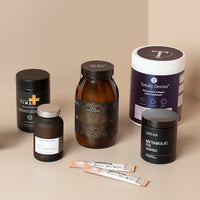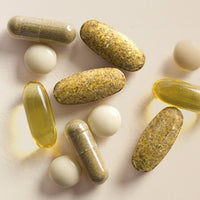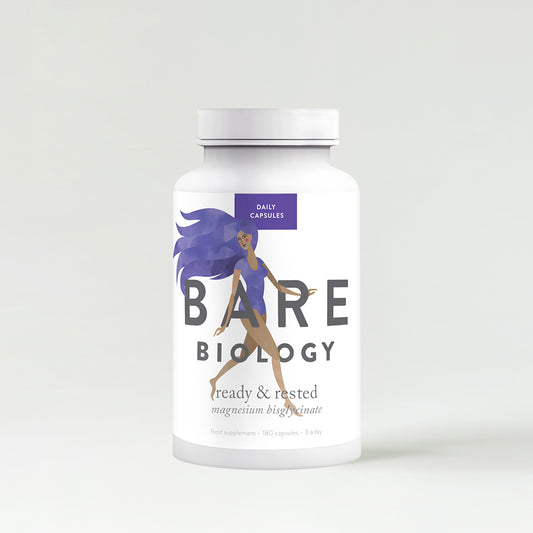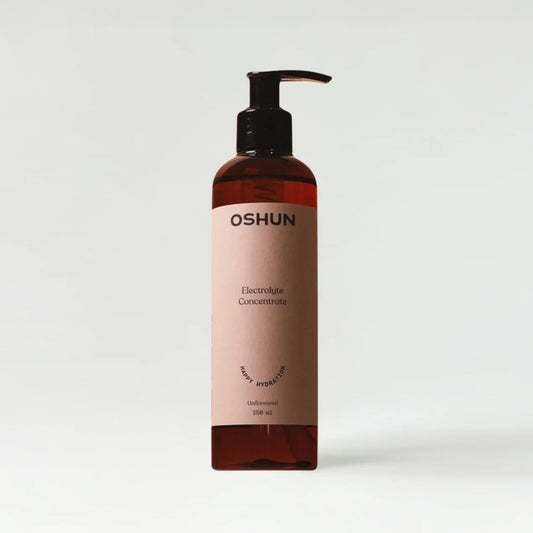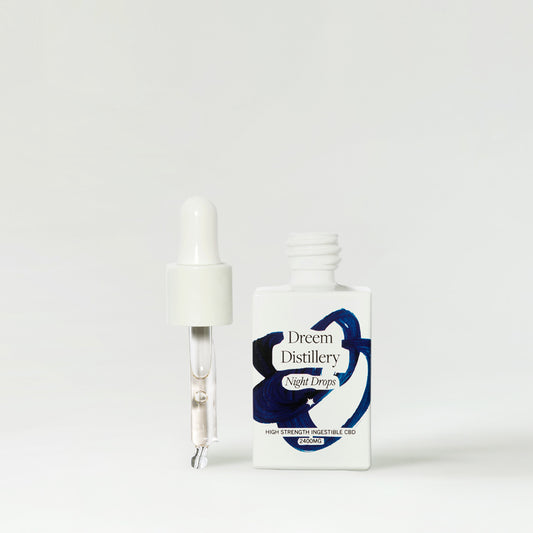Hi, I’m Jess, a registered naturopathic nutritionist, author of The Hormone Balance Handbook, and proud health advocate here at W-Wellness. Whether you're navigating PMS, peri-menopause, feeling fatigued, or just not quite yourself lately, your hormones could be whispering (or shouting!) for attention and I’m going to help you navigate your hormones to help you connect with your body to feel your best.
Hormone health is foundational to your energy, mood, metabolism, emotional wellbeing, and even how well you sleep. But with modern life being so fast-paced, it’s no surprise that so many of us experience hormone imbalances without even realising it.
I love to think of our hormones - also known as the endocrine system, a complex network of glands and organs that uses hormones to control and coordinate our bodily functions - as a symphony orchestra. When each instrument is in tune, the result is beautiful, flowing music. But if just one instrument goes off-key, the entire sound changes. In the same way, when one hormone is out of balance, it creates a knock-on effect across the system. At first, these changes can be subtle - but over time, they can drive wider dysfunction that impacts how we feel, function, and show up in daily life.
Let’s walk through some of the most common signs of hormone imbalance and five natural, accessible ways to start bringing your hormonal system back into harmony.
Common Signs of Hormone Imbalance
Hormones are your body’s internal chemical messengers, and they regulate everything from your menstrual cycle to your metabolism, mood, sleep, and skin health. Some common signs that your hormones might need some extra love include:
- Irregular or heavy periods
- Mood swings, anxiety or low mood
- Fatigue, burnout, or poor sleep
- Acne, especially along the jawline
- Weight fluctuations, particularly around the middle
- Low libido or persistent brain fog
If any of this resonates, know that you're not alone - and that rebalancing your hormones naturally through food, lifestyle, and targeted support is entirely possible.
5 Simple Ways to Support Your Hormones Naturally
These are five of the most powerful, practical steps I recommend to my clients to help bring their hormones back into balance:
1. Balance Your Blood Sugar
Stable blood sugar lays the foundation for stable hormones. When your glucose levels spike and crash (which can happen from skipping meals, drinking too much caffeine on an empty stomach, or eating high-sugar snacks), your body responds with a surge in cortisol and insulin - two hormones that can easily throw the rest out of balance.
Start your day with a protein-rich breakfast, include fibre and healthy fats in every meal, and aim to eat every 3-4 hours to keep your energy and hormones steady.
Protein-rich foods include organic eggs, organic poultry, Greek yogurt, protein powders, quinoa, lentils, and buckwheat.
2. Support Your Gut & the Gut-Brain-Hormone Connection
Your gut and hormones are intimately connected. A healthy digestive system is essential for breaking down and clearing out excess hormones - especially oestrogen. If your gut is sluggish or your microbiome is imbalanced, it can lead to hormone build-up and inflammatory issues.
And it’s not just digestion: the gut-brain axis - a communication network between your gut and brain - affects everything from mood to stress resilience. When your gut is thriving, it sends calming, balancing signals to your brain and endocrine system.
Feed your gut with fermented foods (like kefir, kimchi and sauerkraut), prebiotic-rich veg (like garlic, leeks and onions), and lots of colourful, fibre-rich plant foods.
3. Reduce Toxin Load & Nourish Your Liver
We’re exposed to a wide range of endocrine-disrupting chemicals (EDCs) every day through plastics, synthetic fragrances, conventional cosmetics, and household cleaners. These compounds can mimic or block our natural hormones and interfere with the delicate feedback loops that keep our endocrine system in balance.
Minimising exposure is key - but so is supporting your liver, the body’s main detox organ responsible for metabolising hormones and processing toxins. A sluggish liver can lead to hormonal build-up and symptoms like PMS, fatigue, or acne.
Support your liver with cruciferous vegetables (like broccoli, rocket and cauliflower), sulphur-rich foods (onions, garlic, eggs), antioxidant-rich berries, and plenty of filtered water with fresh lemon.
4. Manage Stress & Prioritise Nervous System Care
Stress is one of the most common (and overlooked) drivers of hormone imbalance. When you're under chronic stress, your body prioritises survival by pumping out cortisol—and in doing so, it often down-regulates the production of reproductive and thyroid hormones.
It’s not about removing all stress (because life!) but building in small, daily practices that help your nervous system feel safe. This helps regulate cortisol, improve sleep, support fertility, and restore balance across the board.
Think: gentle movement, magnesium-rich baths, nature walks, journaling, restorative yoga, or simply deep belly breathing for 5 minutes.
5. Consider Targeted Supplements
A food-first approach is always the foundation, but targeted supplements can play a valuable supporting role - especially when stress, gut issues or long-term deficiencies are present. Key nutrients for hormone balance include:
- Magnesium - for mood, sleep and blood sugar regulation
- B vitamins - for energy, stress support and oestrogen clearance
- Zinc - for skin, immunity and menstrual health
- Adaptogens - herbs like ashwagandha, rhodiola and holy basil help regulate cortisol and support the adrenal glands
Explore my curated supplement edits for hormones, skin, gut and fertility - these are the ones I use myself and recommend in clinic.
Hormonal health isn’t about restriction, perfection, or rigid rules - it’s about listening to your body, nurturing your system with kindness, and building habits that support long-term wellbeing. With the right support, your hormones can return to balance, and you can start feeling energised, resilient, and more like you again.
If you're ready to dive deeper, grab a copy of my book The Hormone Balance Handbook, follow along on Instagram for daily inspiration, client wins, and more hormone-friendly living. Look out for my next blog post coming soon!

